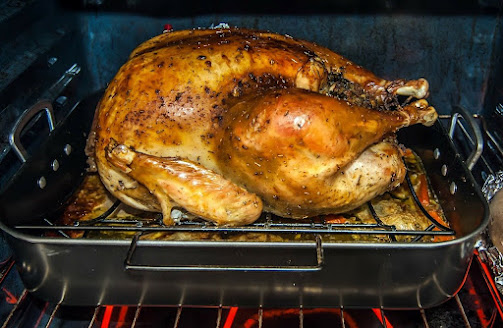How did our family traditions get centered on consuming meat? Consider it. When we consider Thanksgiving, we consider turkey. If we consume pork, then New Year’s celebrations frequently revolve around pork and sauerkraut. At Christian Easter, the traditional meal is ham. And in the summertime, we wait for that 1st hamburger or steak on the grill.
How did that occur to a species that was designed to eat veggies and fruits, nuts, berries and legumes?
We may imagine that eating meat was at the start an opportunistic event, born of the need to survive. The taste of cooked meat, plus the prolonged energy that came from eating high-fat meat products made primitive sense even to earlier man.
At the start, finding cooked animal meat, from a forest fire, would have been cause for jubilation. It’s something everybody in a clan would have participated in consuming together. When man learned to hunt and moved to a hunting preference, instead of a hunter-gatherer orientation, he would have done this in groups. They'd have had to hunt in teams, and killing an animal for nutrients would have been a group attempt. Hunting and killing an animal meant food not simply for the individual, but for the clan, and would have been cause for festivity when the hunters brought the food home.
If they fetched the animal back to the clan, it would have taken a group effort to skin the animal and tear or cut the meat from the carcass. Everybody would have taken part in this, and subsequently, shared in the payoffs of their work.
It’s simple to see how, once we didn’t have to hunt for meat, but could buy it, the need for gathering and festivity was deeply ingrained in our natures. We observe the seasons and life’s events with loved ones and friends, and as those early celebrations involved eating meat, that tradition has kept going to modern times.







